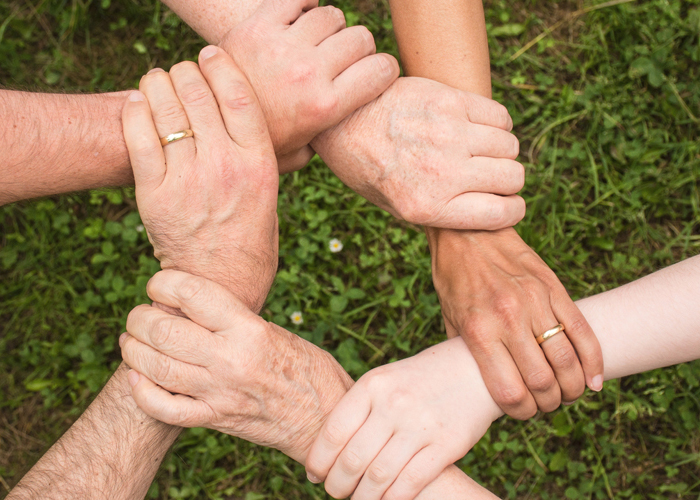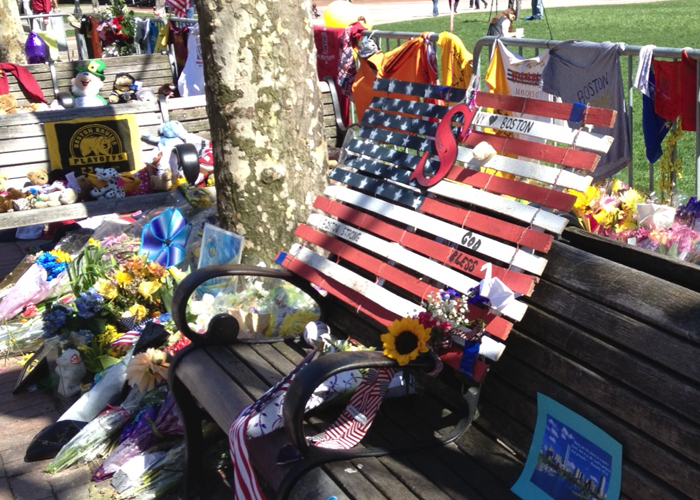Healing Communities

Tragedy often affects not just individuals but entire communities—and sometimes the world—uniting families, friends, and the public in grief. Communities may be defined by location, shared identity or interests, or the meaningful relationships that shape a person’s life.
With the increase of mass violence, VOICES created an eBook as a resource for community stakeholders to initiate plans directed at short-term response and long-term recovery. The eBook’s principles focus on how to assist communities in preparing for, responding to, and recovering from acts of mass violence. It was reviewed by the Office for Victims of Crime and is available to download here.
VOICES completed Preparing for After, a Resource Kit that documents best practices in preparing for, responding to and recovering from acts of mass violence. The Kit is based on extensive research and interviews conducted with those who responded to the 9/11 terrorist attacks, the Oklahoma City bombing and the shootings at Virginia Tech, Northern Illinois University and in Tucson, Arizona.
Acts of terrorism, mass violence and natural disasters are occurring at an alarming rate in the US and abroad. The COVID-19 pandemic continues to impact communities globally, causing an increase in mental health conditions for the foreseeable future. Whether it’s a pandemic or a terrorist attack, our research findings and longstanding expertise in working with victims’ families, survivors, and responders, indicate a need for consistent long-term support.
In the aftermath of a tragedy where there is loss of life, injury, or severe stress, those impacted are often in shock, and may suffer from anxiety or fear. They may not know how to access critical information, mental health resources, and support. VOICES Tip Sheets (one set addressing mass violence and the second set in response to COVID-19) provide specific timely guidance for individuals and families, and a pathway to achieve healing and resilience.

 Preparing for After Resource Kit
Preparing for After Resource Kit Communities in Crisis
Communities in Crisis Tip Sheets
Tip Sheets